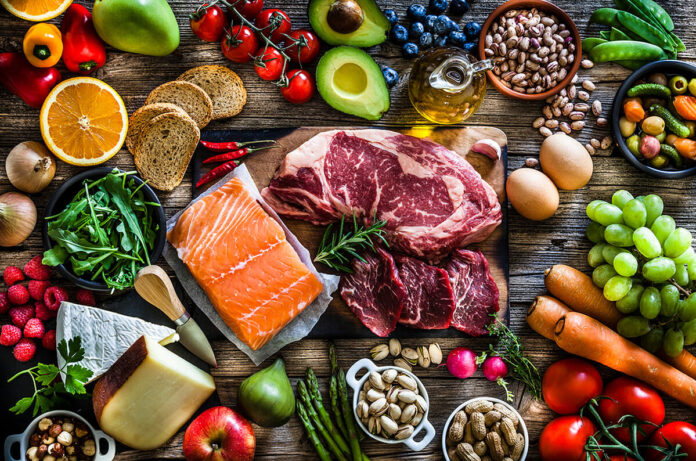Introduction
Maintaining a healthy and balanced diet is essential for overall well-being. The food we consume directly impacts our energy levels, immune system, and long-term health. However, with so much conflicting information out there, it can be challenging to navigate the world of nutrition. This comprehensive guide aims to provide you with the essential principles of a healthy and balanced diet, enabling you to make informed choices about your food intake and achieve optimal health.
Understanding Macronutrients
A healthy diet consists of three main macronutrients: carbohydrates, proteins, and fats. Carbohydrates provide energy, proteins help with tissue repair and growth, and fats support hormone production and nutrient absorption. It is crucial to include all three macronutrients in your daily diet, focusing on whole food sources. Opt for complex carbohydrates like whole grains, fruits, and vegetables, lean sources of protein such as poultry, fish, and legumes, and healthy fats like avocados, nuts, and olive oil.
The Power of Micronutrients
Micronutrients, including vitamins and minerals, are essential for various bodily functions. Incorporate a variety of fruits and vegetables into your diet to ensure an adequate intake of these vital nutrients. Dark leafy greens, berries, citrus fruits, and colorful vegetables are rich in vitamins and antioxidants. Additionally, incorporate foods like dairy products, nuts, and seeds for calcium, and whole grains for minerals like iron and magnesium.
Portion Control and Caloric Balance
Maintaining a healthy weight involves managing portion sizes and caloric intake. While individual calorie needs vary, it is essential to strike a balance between the energy you consume and the energy you expend. Focus on portion control by using smaller plates, listening to your body’s hunger and fullness cues, and avoiding mindless snacking. Be mindful of portion sizes for calorie-dense foods like fats and carbohydrates, while still ensuring an adequate intake of nutrients.
Hydration and Water Intake
Staying hydrated is often overlooked but is critical for overall health. Aim to drink at least 8 cups (64 ounces) of water per day. Proper hydration aids digestion, supports nutrient absorption, and helps maintain healthy skin. Remember to increase water intake during hot weather or when engaged in physical activity. If plain water is not appealing, try herbal teas or infuse water with fruits for added flavor.
The Importance of Fiber
Fiber plays a vital role in digestion and overall gut health. Include both soluble and insoluble fiber in your diet. Soluble fiber can be found in foods like oats, beans, and fruits, and it helps regulate blood sugar levels and lower cholesterol. Insoluble fiber, found in whole grains, vegetables, and nuts, aids in proper digestion and prevents constipation. Aim for a variety of fiber-rich foods to reap the benefits.
Mindful Eating
Mindful eating involves paying attention to the present moment while consuming food. It promotes awareness of hunger and fullness cues, aids in portion control, and enhances the enjoyment of meals. Avoid distractions like screens while eating, chew food thoroughly, and savor the flavors and textures. By practicing mindful eating, you can develop a healthier relationship with food and make conscious choices.
Conclusion
Adopting a healthy and balanced diet is a lifelong journey that requires commitment and consistency. By understanding the fundamental principles of nutrition and incorporating them into your daily routine, you can optimize your overall health and well-being. Remember to focus on whole, nutrient-dense foods, maintain portion control, and stay hydrated. By practicing mindful eating and making conscious choices, you can achieve a sustainable and enjoyable approach to eating. Start small, make gradual changes, and celebrate the progress along the way. Your body will thank you for nourishing it with a healthy and balanced diet.








